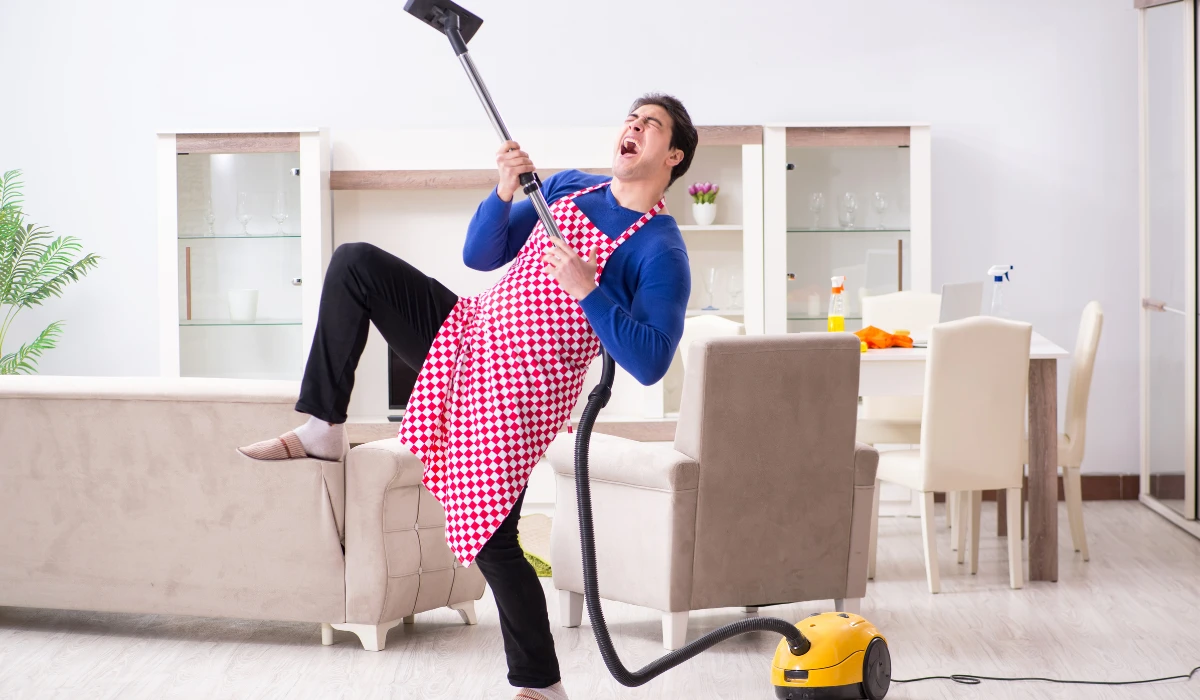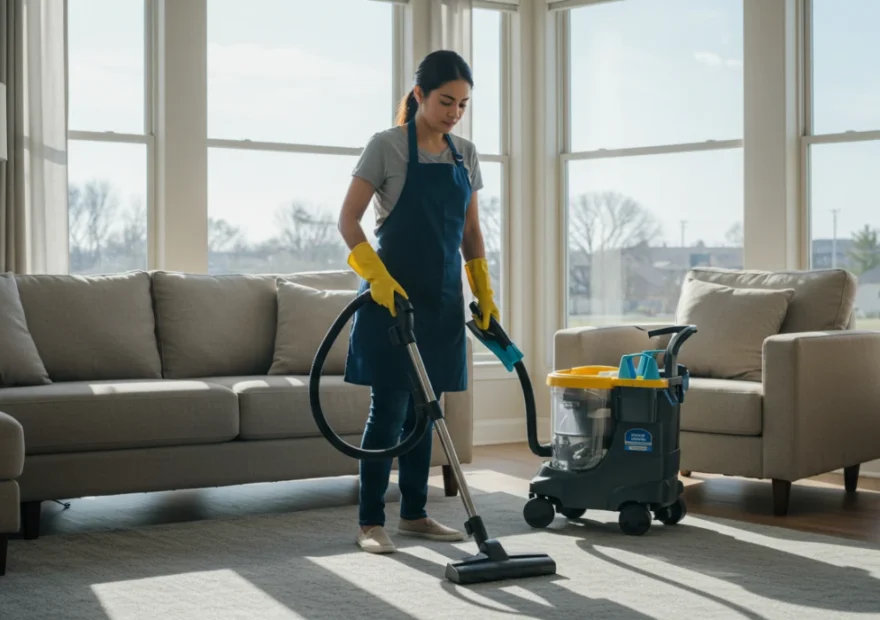📌 Intro
Most people assume that any vacuum gets the job done. But when it comes to commercial cleaning—offices, clinics, stores, and high-traffic environments—there’s a big difference between a household vacuum and a professional-grade machine. If you’re still using a basic model, your business might be collecting more dust than clients.
🧭 Ideal for:
Offices, daycares, clinics, lobbies, waiting rooms, schools, pet-friendly businesses, and any location with frequent foot traffic.
🛠 Key Differences
- Suction power and airflow efficiency
- HEPA filtration for allergy control and air quality
- Noise level and operational comfort
- Tank capacity and continuous run-time
- Durability and cost per use
- Compatibility with commercial-grade cleaning solutions
💥 Why This Matters
Using a regular vacuum in a commercial space is like bringing a butter knife to a sword fight. Sure, it’ll «do something,» but not nearly enough. Basic vacuums can’t handle the volume of debris, fine dust, allergens, and bacteria that build up in shared spaces. Especially in environments with kids, pets, or patients, the lack of proper filtration can actually make things worse.
Professional vacuums are built to sanitize, not just “clean.” They filter microscopic particles, reduce airborne allergens, and help your business look, feel, and smell clean.
🧩 FAQ (Frequently Asked Questions)
1. Can’t I just vacuum more often with a regular vacuum?
Technically yes, but you’re not actually removing fine dust or bacteria. You’re just shifting it around.
2. What’s the benefit of HEPA filters in commercial cleaning?
HEPA traps microscopic allergens like pollen, mold, and pet dander—essential in clinics, schools, and pet-friendly spaces.
3. Is it worth paying more for professional equipment or service?
Definitely. You’ll save time, avoid health issues, and extend the life of your flooring and furniture.


